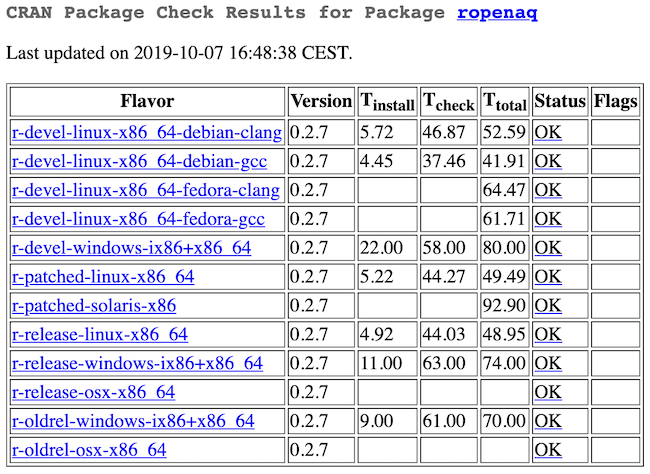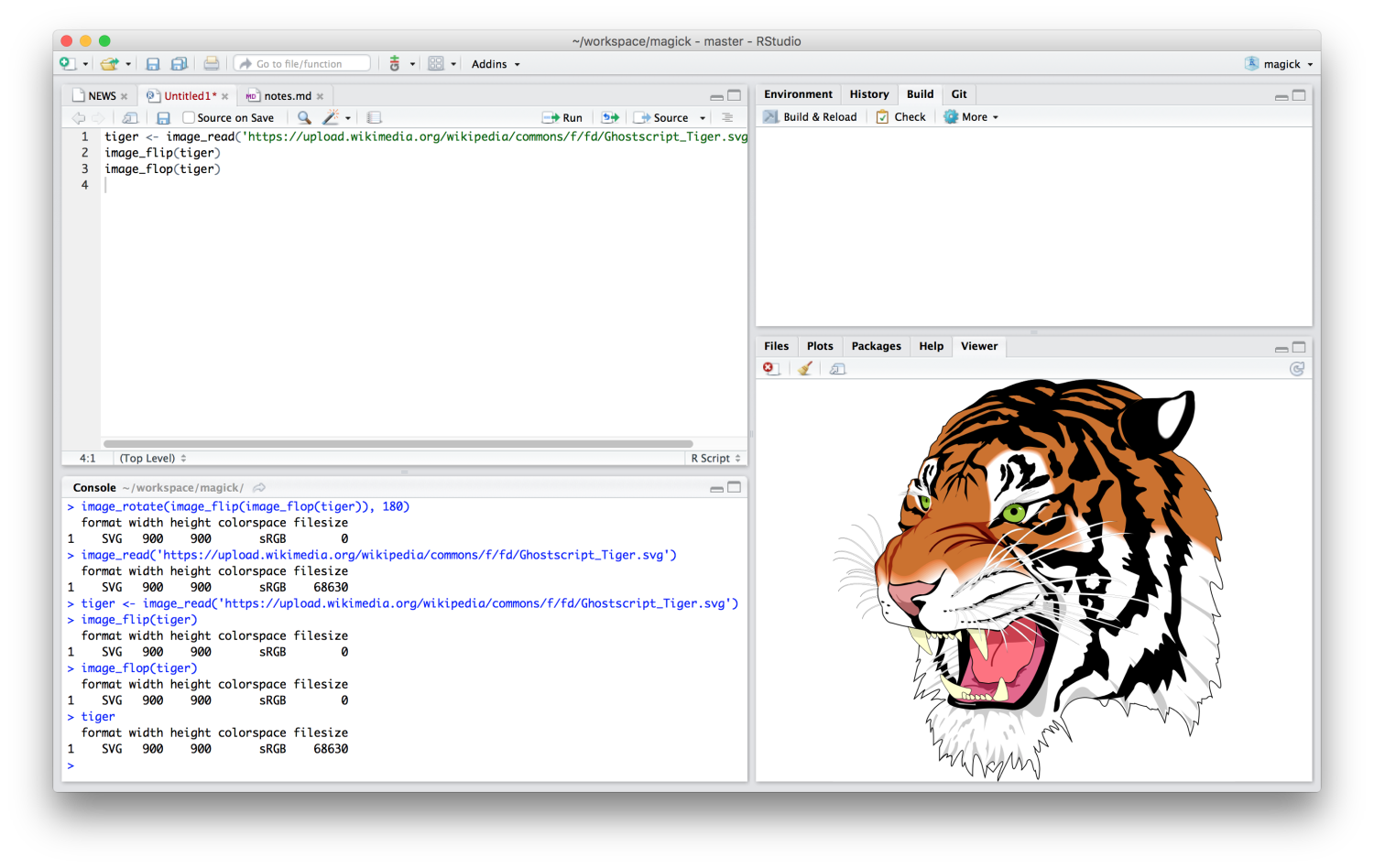
Summary Installing a package that has just been released to CRAN is painful for many users on Mac and Windows because often the difference between a ‘binary’ and a ‘source’ version is not immediately clear and they end up trying to install the source version, which leads to errors and heartbreak.When I was designing The Carpentries Workbench, I needed to make sure that people could reliably install R packages at any time







